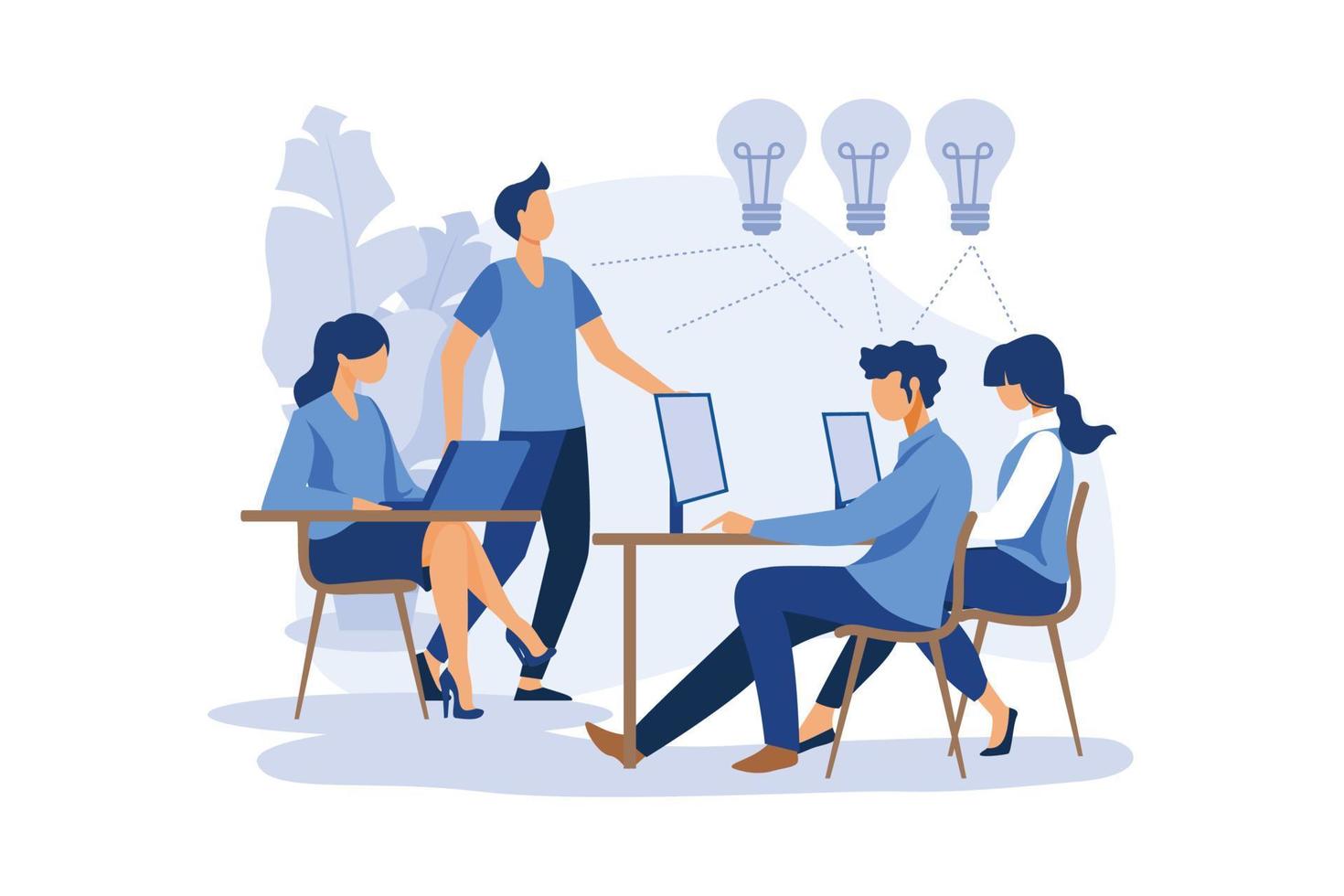Featured
Immerse yourself in the realm of conflict resolution and mediation, where harmony isn't just a distant dream but an achievable reality. This article gallantly strides through the landscape of dispute resolution, equipping you with an armament of skills to dissolve friction and create unity. Delve into the intricate psychology that underpins disagreements, understand the mechanisms that fuel conflict and, importantly, learn how to douse the fire before it becomes an inferno. Uncover the role of a mediator and their contribution in fostering peace. This isn’t a mere theoretical discourse; it comprises of real-life examples and practical techniques that can be employed in various scenarios, from workplace disputes to personal disagreements.
Intrigued? Then why wait? Dive right in and discover a new perspective on conflict resolution and mediation. Let's embark on this enlightening journey together, as you unravel the art of transforming discord into harmony. Click to read the full article and equip yourself with this essential life skill.
The Essence of Conflict Resolution

Conflict is inevitable. Whether it's in the workplace or at home, it's a part of life that we all must navigate. However, it's not all doom and gloom. There's a silver lining to every conflict - it presents an opportunity for growth, learning, and mutual understanding. The key lies in conflict resolution, a crucial skill that aids in the facilitation of peaceful resolutions to disagreements.
The Role of Mediation in Conflict Resolution
While conflict resolution is an interpersonal skill, mediation acts as a bridge that connects conflicting parties. It involves a neutral third party who aids in the negotiation process and helps the parties reach a fair and mutually beneficial conclusion. This process is vital in situations where personal biases may cloud judgment and hinder the resolution process.
Developing Conflict Resolution Skills
Conflict resolution might seem daunting, but with practice, it becomes second nature. Here are a few strategies to get you started.
Active Listening
Supervisory Skills Trainings in Houston, TXOne of the most effective ways to resolve conflicts is by practicing active listening. This involves not just hearing, but truly understanding the other party's perspective. It's a simple yet effective way to demonstrate respect and foster mutual understanding.
Effective Communication
Clear, concise, and empathetic communication is key. It's not just about what you say, but how you say it. Avoid accusatory language and aim to express your feelings in a way that doesn't blame or belittle the other party.
Problem Solving
Conflict resolution isn't about winning or losing; it's about finding a solution that benefits all parties involved. Maintaining an open mind and focusing on problem-solving rather than personal gains is a surefire way to reach a fair resolution.
Mediation Techniques for Conflict Resolution
Mediation can be an invaluable tool in conflict resolution. Here are some techniques mediators use to facilitate the process.
Building Rapport
Establishing trust between the conflicting parties is the first step towards successful mediation. A good rapport allows for open and honest dialogue, paving the way for a fair resolution.
Encouraging Dialogue
By fostering a safe environment for open dialogue, mediators can help the parties communicate their thoughts and feelings without fear of judgment or backlash.
Objective Reframing
Mediators can help parties see the situation from a new perspective, allowing them to understand the other party's viewpoint and promoting empathy.
Navigating Conflict and Mediation
Conflict resolution and mediation skills are not just for crisis management, they are life skills that can be applied in various scenarios. These skills foster understanding, empathy, and mutual respect among individuals, making them invaluable for personal and professional growth.
FAQs
1. What's the difference between conflict resolution and mediation?
Conflict resolution is a personal skill one uses to resolve disputes while mediation is a process where a third-party helps the conflicting parties to reach a consensus.
2. How do I practice active listening?
Active listening involves showing interest in what the other party is saying, asking follow-up questions, and paraphrasing their points to ensure understanding.
3. How can I communicate effectively during a conflict?
Use "I" statements to express your feelings, avoid accusatory language, and always aim to be clear, concise, and empathetic.
4. What does a mediator do in the conflict resolution process?

A mediator helps facilitate communication between the conflicting parties, promotes understanding, and aids in the negotiation of a mutually beneficial solution.
5. Can I use these skills outside of a conflict scenario?
Yes, conflict resolution and mediation skills are valuable life skills that can be applied in various personal and professional situations.
Latest Posts
The Intricacies of Corporate Strategy and Business Planning
The Intricacies of Corporate Strategy and Business Planning
The Intricacies of Corporate Strategy and Business Planning